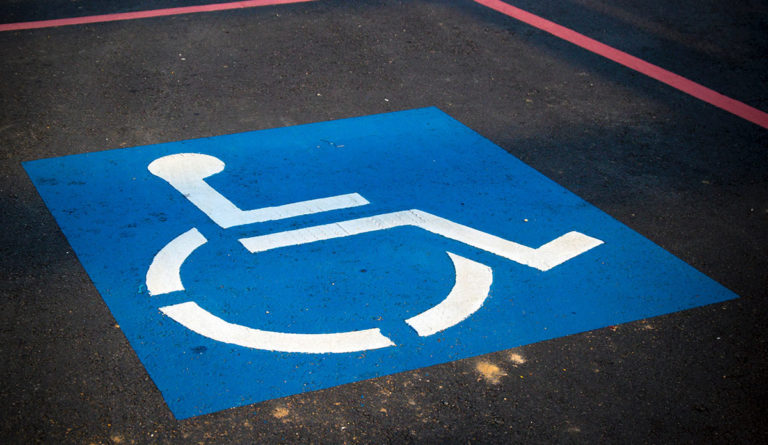Diabetes, Dialysis, and Documentation
Without Medicaid expansion, undocumented patients with end-stage renal disease have no other pathways for dialysis but sporadic emergency department care.

Read Time: 4 minutes
Published:
Numerous studies have shown the impact that living in the United States has on the health of immigrants. Changes in diet and lifestyle, additional stressors such as language barriers, experiences with discrimination and racism, and reduced or eliminated access to health care are just some of the factors that affect the health of immigrants. Mario’s story is a tragic example of how coming to the United States made him sicker and ultimately left him without the care he needed to survive.
Mario came to Houston, Texas to work, and did so until he was shot in an attempted robbery that left him paralyzed and in a wheelchair. As a diabetic, without access to regular care, his condition escalated to irreversible kidney failure (end-stage renal disease) that required regularly-scheduled dialysis for survival. He spent about two years going from one Houston emergency room to the next trying to get dialysis, where he was often turned away because he didn’t have insurance. In April 2019, Mario suffered an 18-minute-long cardiac arrest at the age of forty-four. Once in the hospital, doctors discovered that he also had a heart valve infection, was developing bed sores, and desperately needed dialysis.
Mario’s condition was so dire that doctors assured us he would not survive a kidney transplant, tracheotomy, or any other surgery. While in the ICU, Mario was on life support and receiving dialysis, visibly in excruciating pain every single day. Mario died a slow, painful, and preventable death three weeks later, surrounded by his family and friends. He left behind a wife, children, his parents, grandchildren, and an entire community who loved him.
Mario was one of over 700,000 people in the US who are affected by end-stage renal disease, which can be caused by diabetes, high blood pressure, and family predisposition. End-stage renal disease (ESRD) is irreversible kidney damage and requires a kidney transplant or regularly-scheduled dialysis for survival. More than 89,000 individuals with ESRD die annually, and the number of individuals who die of related complications related is likely much higher. Kidney disease is the ninth leading cause of death in the US. Though there is no cure for ESRD, most individuals with health insurance have access to some form of life-sustaining care, such as a kidney transplant or regularly-scheduled dialysis.
Had Mario lived 200 miles west in Bexar County, Texas, which provides dialysis to 100% of its undocumented patients, he would be alive today.
Undocumented individuals living with ESRD in Houston and other parts of Harris County are ineligible for regularly-scheduled dialysis under the Emergency Medical Treatment and Active Labor Act (EMTALA). Under EMTALA, a federal unfunded mandate, emergency dialysis is their only option. This means that individuals must wait for their symptoms to worsen significantly before presenting to the emergency department in the hopes that their condition will be deemed enough of an emergency for dialysis. Individuals like Mario are often turned away as patients with insurance and more serious complications have priority in the overwhelmed emergency departments of Harris County.
Providing dialysis though the emergency room as the sole source of treatment places a higher cost burden on the state than offering these services at another health center. The annual cost of receiving dialysis in a Houston emergency department is $285,000, which is 4 times that of regularly-scheduled dialysis ($77,000 per year). This unnecessarily high cost of emergency dialysis can be mitigated by providing regularly-scheduled dialysis as a treatment for undocumented individuals with ESRD.
With only sporadic access to costly emergency care that does not adequately manage ESRD, undocumented Texans are being left to die prematurely at the hands of a system that excludes them from lifesaving care. Had Mario lived 200 miles west in Bexar County, Texas, which provides dialysis to 100% of its undocumented patients, he would be alive today. Other states that offer undocumented ESRD patients with dialysis under EMTALA include California, North Carolina, Massachusetts, Washington, and New York.
Without Medicaid expansion in the state of Texas, undocumented ESRD patients have no other pathways for dialysis but sporadic emergency department care. Harris County can help by providing access to regularly-scheduled dialysis under EMTALA. Currently, Harris County provides free dialysis to some of its several hundred undocumented dialysis patients. Ensuring coverage for all undocumented individuals with ESRD would both save lives and reduce costs.
Photo by AbsolutVision on Unsplash
The opinions expressed by Alane Celeste-Villalvir are her own and do not represent those of University of Texas Health Science Center at Houston (UTHealth) School of Public Health.




